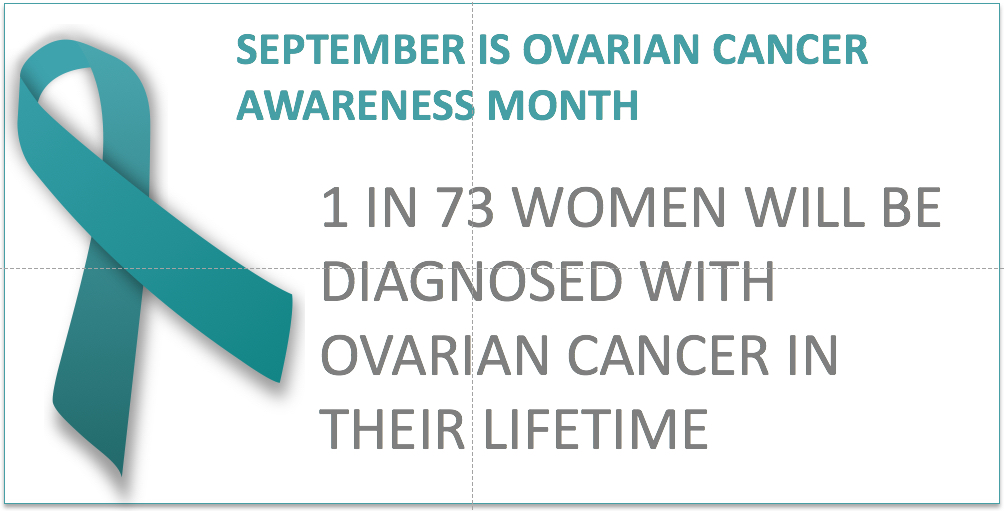 Divakaran Dileep/PhotoSpin
Divakaran Dileep/PhotoSpin
Research suggests that genetic testing may one day help doctors choose the most effective drug to treat an individual woman’s ovarian cancer. Researchers at the University of Colorado Cancer Center and University of Virginia reported their findings in the journal PloS ONE.
Ovarian cancer that starts in a woman’s ovaries. Women have two ovaries located on each side of the uterus in the abdomen. The ovaries produce eggs and release the hormones estrogen and progesterone.
The American Cancer Society estimates that nearly 22,000 new cases of ovarian cancer will be diagnosed in 2014, and over 14,000 women will die from the disease this year. Ovarian cancer ranks fifth overall in cancer deaths for women, but is the most deadly of all women’s reproductive cancers.
Currently there is no test for early detection of ovarian cancer. This means ovarian cancer is often not diagnosed until it has spread into the pelvis or abdomen, making it much more difficult to treat.
Three drugs are commonly used to treat ovarian cancer: paclitaxel, cyclophosphamide and topotecan. According to the research teams in Virginia and Colorado, the odds of choosing the best of these drugs to treat a specific woman’s cancer can be significantly increased using genetic testing.
The scientists studied tumor samples from four groups of 783 patients who had been treated for ovarian cancer. The method known as CO-eXpression gENe analysis (COXEN) allowed them to examine and sort data from thousands of tumor samples to uncover differences between tumors that responded to each of the three drugs.
Using this information, they were able to select what would have been the best drug treatment for each patient in the study, and compare that information to the actual treatment the patients had received.
"The model allowed us to ask what would have been the right drug in each case, how could we have known from the tumor's genetics and what difference it made," said Jennifer R. Diamond, MD, CU Cancer Center investigator and medical oncologist at the University of Colorado Hospital.
By comparing the actual patient results with the drug their study showed would have worked best, the researchers discovered that patients who received the best drug during their actual treatment lived approximately 21 months longer than the average patient with ovarian cancer.
Traditionally, doctors have considered site-specific cancers to be basically the same, meaning all cancers that start in an ovary are the same. This new research shows that there are significant genetic differences between ovarian cancers in different people.
"This study supports the idea that we could test ovarian cancer tumors and say they're more likely to respond to one or the other drugs," Diamond said.
A similar study lead to a clinical trial of COXEN for bladder cancer at the CU Cancer Center. Further study and clinical trials are needed before doctors can begin using this type of genetic knowledge to fine-tune ovarian cancer treatment.
Sources:
Science Daily. Best drug for ovarian cancer picked with use of genetics. Web. August 31, 2014.
http://www.sciencedaily.com/releases/2014/02/140218142354.htm
Mayo Clinic. Ovarian cancer. Web. August 31, 2014.
http://www.mayoclinic.org/diseases-conditions/ovarian-cancer/basics/defi...
American Cancer Society. What are the key statistics about ovarian cancer? Web. August 31, 2014.
http://www.cancer.org/cancer/ovariancancer/detailedguide/ovarian-cancer-...
Ovarian Cancer National Alliance. Statistics. Web. August 31, 2014.
http://www.ovariancancer.org/about/statistics
Reviewed September 5, 2014
by Michele Blacksberg RN
Edited by Jody Smith




Add a CommentComments
There are no comments yet. Be the first one and get the conversation started!